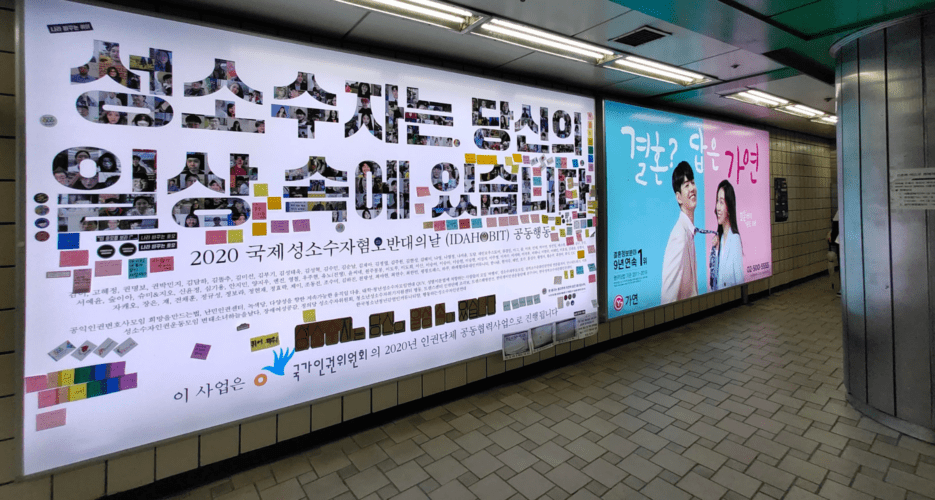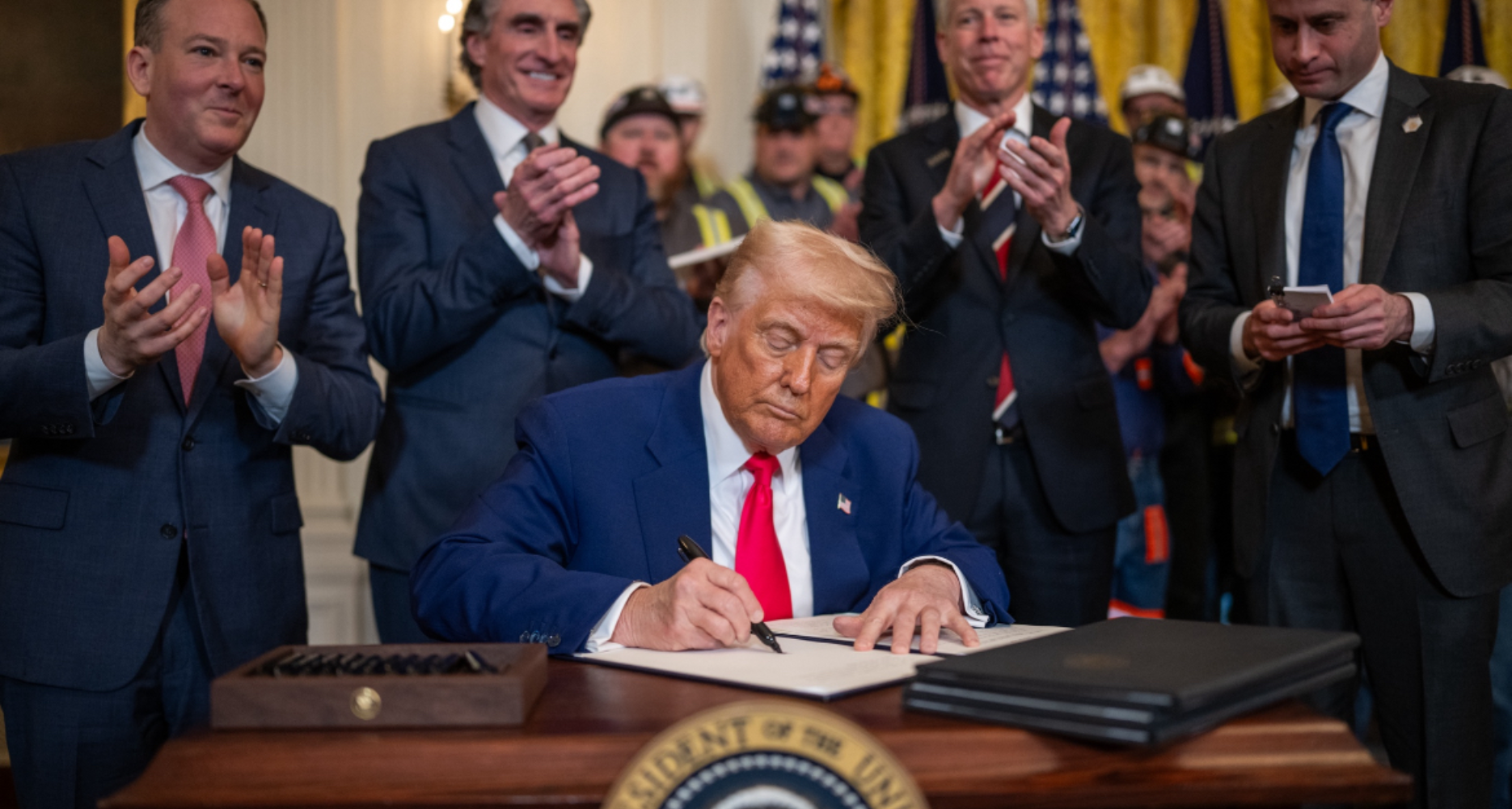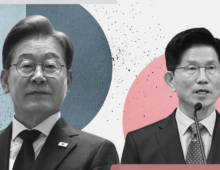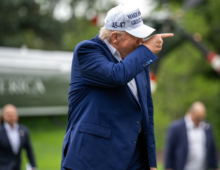Turmoil at NHRCK has shone light on political appointment process that risks undermining principles its meant to uphold
A NHRCK campaign poster in a metro station that states "Sexual minorities are a part of your everyday life" is adorned with post-it notes from LGBTQ rights supporters, Aug. 5, 2020 | Image: Raphael Rashid
The National Human Rights Commission of Korea (NHRCK) faces a credibility crisis as chairperson Song Doo-hwan’s term nears its end in September.
Concerns have arisen about the potential appointment of an unfit successor, with the two incumbent NHRCK commissioners, Lee Choong-sang and Kim Yong-won, at the center of controversy due to their recent actions undermining the principles they are meant to uphold.
The National Human Rights Commission of Korea (NHRCK) faces a credibility crisis as chairperson Song Doo-hwan’s term nears its end in September.
Concerns have arisen about the potential appointment of an unfit successor, with the two incumbent NHRCK commissioners, Lee Choong-sang and Kim Yong-won, at the center of controversy due to their recent actions undermining the principles they are meant to uphold.
Get your
KoreaPro
subscription today!
Unlock article access by becoming a KOREA PRO member today!
Unlock your access
to all our features.
Standard Annual plan includes:
-
Receive full archive access, full suite of newsletter products
-
Month in Review via email and the KOREA PRO website
-
Exclusive invites and priority access to member events
-
One year of access to NK News and NK News podcast
There are three plans available:
Lite, Standard and
Premium.
Explore which would be
the best one for you.
Explore membership options
© Korea Risk Group. All rights reserved.
No part of this content may be reproduced, distributed, or used for
commercial purposes without prior written permission from Korea Risk
Group.












